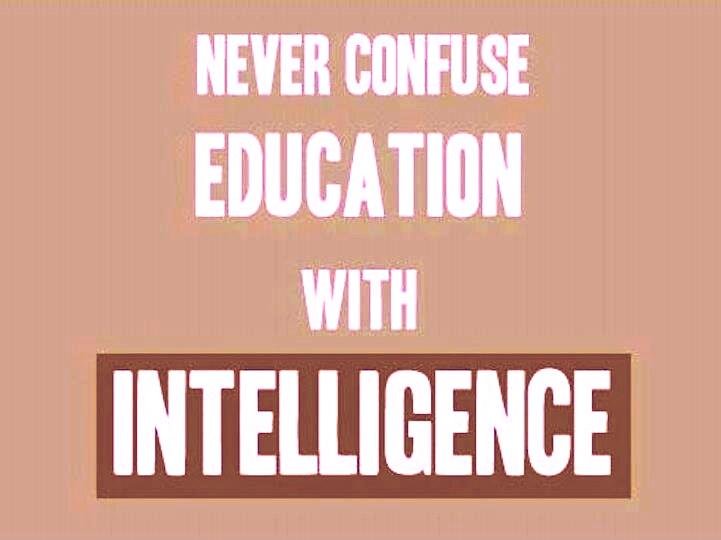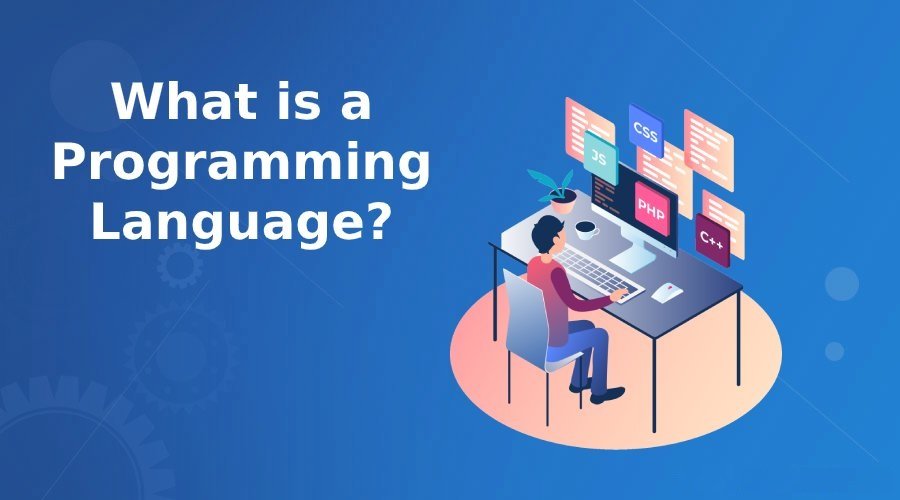“Intelligence vs Education: what matters more in Success?” In the world of academics, there has long been a heated dispute on this topic. To many, intelligence and education seem like two sides of the same coin. After all, intelligence and education are both forms of knowledge that can give individuals an advantage in the world. However, there are key differences between the two, which can affect an individual’s success. In this blog post, we will be exploring the differences between intelligence and education and determining which one contributes more to success.
What Is Intelligence?
Let’s start by exploring what intelligence is. Intelligence is an individual’s ability to think critically, analyze information, and solve problems. Intelligence is often measured by IQ tests, which are designed to measure individuals’ ability to solve complex problems. On an IQ test, questions can range from spatial reasoning and logical reasoning to math problems and general knowledge.
In addition to IQ tests, there are a variety of tests that measure different aspects of intelligence such as emotional intelligence, creative intelligence, and even intuition. While these tests may not be as popular as IQ tests, they are important indicators of how one measures up when it comes to intelligence.
What Is Education?
Now we’ll move on to exploring what education is. Education is the process of acquiring knowledge and skills through formal instruction, study, and research. Education can include anything from attending school to participating in online courses and workshops.
Education can be broadly divided into two main categories: formal education and informal education.
Formal education is usually taught in an academic setting, such as a school or university. Formal education includes compulsory education, such as primary school or secondary school, as well as college and postgraduate education.
Informal education is any type of education that is not formally structured, such as self-learning, workshops, and seminars. Informal education is informal in nature and usually not graded or officially credited.
The Differences between Intelligence and Education
Now that we have a better understanding of what intelligence and education are, let’s look at how they differ.
First, intelligence is innate whereas education is acquired. This means that intelligence requires no formal instruction, while education does. Intelligence is also more closely related to problem-solving, analytical thinking, and reasoning, whereas education is focused on the acquisition of knowledge and skills.
Second, intelligence is measured primarily by IQ tests, while education is measured by grades and diplomas. IQ tests measure an individual’s ability to think critically and solve problems, while grades and diplomas measure an individual’s ability to learn and comprehend information taught in school.
Third, intelligence is often seen as a competitive advantage, while education is often seen as a requirement. Intelligence can give an individual a leg up in certain areas, such as problem-solving and creativity. Meanwhile, education is largely seen as a requirement for most professions.
Finally, intelligence and education can both be beneficial in different ways. Intelligence is necessary for analytical and complex problem-solving tasks, while education provides an individual with the knowledge and skills necessary to succeed in a particular field. Education is also beneficial in terms of providing people with the skills and knowledge they need to succeed in their careers.
What Matters more in Success?
Now that we have looked at the differences between intelligence and education, it is time to answer the question: which one matters more in success?
It’s crucial to take the situation into account before responding to this query.
In an academic setting, intelligence can give an individual a competitive advantage and allow them to excel in difficult tasks, such as problem-solving and analytical thinking. However, in the workplace, education is more important because it provides individuals with the knowledge and skills necessary to perform their job duties. In this sense, education may be more important than intelligence when it comes to success in the workplace.
On the other hand, intelligence can be beneficial in other areas as well, such as making decisions, understanding complex topics, and creative problem-solving. Therefore, while education may be more important in the workplace, intelligence can give an individual an advantage in many other aspects of life.
Conclusion:
To conclude, the debate between “intelligence vs education: what matters more in success?” comes down to context. In an academic setting, intelligence can be more beneficial, while in the workplace, education is more important. Ultimately, it is up to the individual to determine which one will give them the best chances of success. We hope that this blog post has provided you with some insight into this age-old debate. Good luck!










